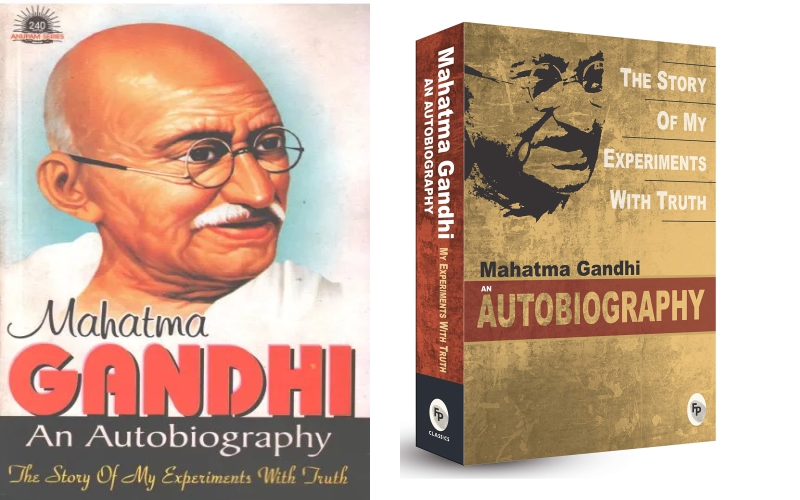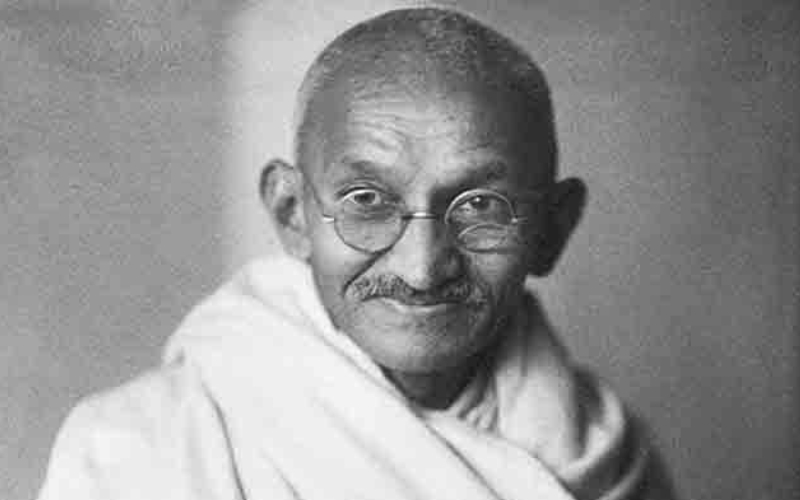
My Experiments with Truth – An Autobiography by Mahatma Gandhi
“My Experiments with Truth” is an autobiography written by Mahatma Gandhi, the leader of the Indian independence movement. In the book, Gandhi shares his personal experiences and reflections on a range of topics, including his upbringing, his political philosophy, and his campaigns for social justice.
Gandhi’s journey from being a man (manav) to becoming a “great soul” (mahatma) is fascinating.
The book covers Gandhi’s early life in India, his time studying law in London, and his return to India to start a legal practice. It also discusses his involvement in the Indian independence movement and his use of non-violent resistance as a means of achieving political change. Gandhi writes about his experiences leading protests, organizing boycotts, and negotiating with government officials, as well as the personal challenges he faced along the way.
Throughout the book, Gandhi emphasizes the importance of truth and non-violence as guiding principles in his life and work. He writes about his struggles to live up to these ideals, and the ways in which they shaped his approach to activism and politics. The book is a powerful testament to Gandhi’s commitment to social justice and his belief in the power of individuals to bring about positive change in the world.

Mahatma Gandhi made many sacrifices throughout his life in pursuit of his goals of social justice and Indian independence. He dedicated himself fully to his causes, and his commitment often meant making personal sacrifices and enduring great hardships.
One of the most significant sacrifices Gandhi made was giving up a successful legal career in order to dedicate himself to the Indian independence movement. He also made many sacrifices in his personal life, including giving up material possessions, living a simple and ascetic lifestyle, and spending long periods of time away from his family.
Gandhi also sacrificed his personal safety and well-being in the course of his activism.
He was imprisoned multiple times, and was subjected to violence and abuse by the authorities and by opponents of his causes. Despite these challenges, Gandhi remained committed to non-violence and never responded to violence with violence.
Gandhi’s philosophy and tactics of non-violent resistance had a profound impact on the civil rights and freedom movements around the world, including in the United States and South Africa. He was assassinated in 1948 by a fanatic who opposed his philosophy of non-violence. Despite his death, Gandhi’s ideas and actions continue to inspire people around the world who are working for social justice and equality.
